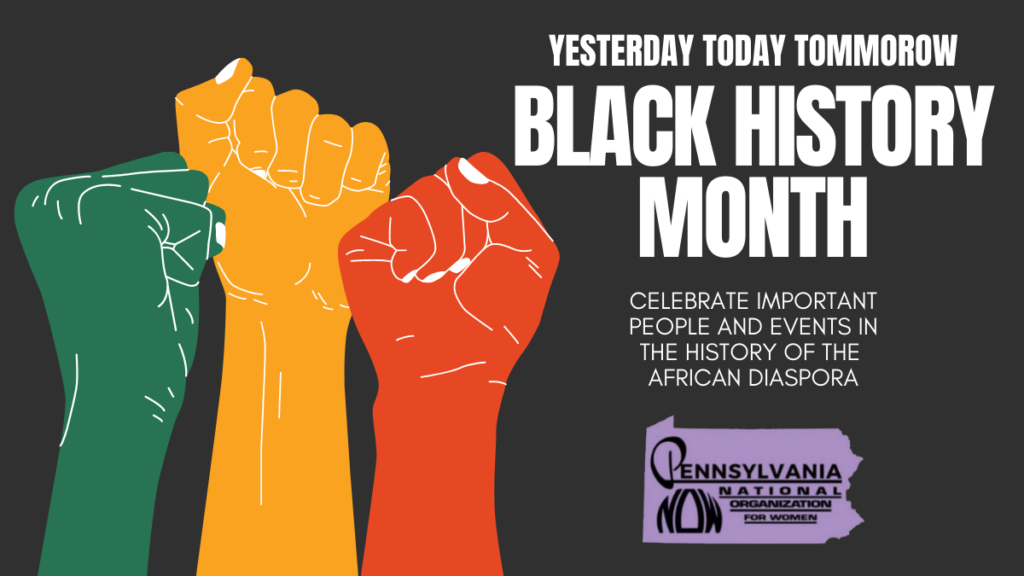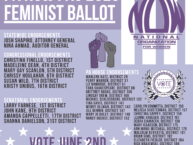Celebrating Black History Month

In February and year-round, we honor the contributions and sacrifices of African Americans who have helped shape our nation. Black History Month celebrates the rich cultural heritage, triumphs, and adversities that are an indelible part of our country’s history.
“There is no American history without African American history,” said Sara Clarke Kaplan, executive director of the Antiracist Research & Policy Center at American University in Washington, D.C. The Black experience, she said, is embedded in “everything we think of as ‘American history.’ “
Each year, the Association for the Study of African American Life and History (ASALH) determines a new theme for Black History Month. This year’s theme, Black Health and Wellness pays homage to medical scholars and health care providers. The theme is especially timely as we enter the third year of the COVID-19 pandemic, which has disproportionately affected minority communities and placed unique burdens on Black health care professionals.
This theme acknowledges the legacy of not only Black scholars and medical practitioners in Western medicine, but also other ways of knowing (e.g., birth workers, doulas, midwives, naturopaths, herbalists, etc.) throughout the African Diaspora. The 2022 theme considers activities, rituals, and initiatives that Black communities have done to be well.
In order to foster good health and wellness Black people have embarked on self-determination, mutual aid, and social support initiatives to build hospitals, medical and nursing schools (i.e. Meharry Medical College, Howard University College of Medicine, Provident Hospital and Training School, Morehouse School of Medicine, etc.) and community clinics. Clinics were established by individuals, grassroots organizations, and mutual aid societies, such as the African Union Society, National Association of Colored Women, and Black Panther Party, to provide spaces for Black people to counter the economic and health disparities and discrimination that are found at mainstream institutions. These disparities and anti-Blackness led to communities developing phrases such as “When white folks catch a cold, Black folks get pneumonia.” Initiatives to help decrease disparities have centered on several outcomes, including having more diverse practitioners and representation in all segments of the medical and health programs including such as the Ronald E. McNair Scholars. Even the impact of popular culture texts like Doc McStuffins cannot be dismissed.
The rise of fields, such as Public and Community Health and Health Informatics has led to a rise in preventive care and a focus on body positivity, physical exercise, nutrition, exploring other dietary options such as veganism and vegetarianism, and gardening. Black Health and Wellness not only includes one’s physical body but also emotional and mental health. At this point in the 21st century, our understanding of Black health and wellness is broader and more nuanced than ever. Social media and podcasts, such as The Read, hosted by Crissle and Kid Fury have normalized talking about mental health and going to therapy as well as initiatives such as Therapy for Black Girls. More of us understand the need to hold down, lift up, center, and fight fiercely for our beloved trans siblings and family. Black girls are doing breathwork, and there are whole yoga studios dedicated to people of color.
Mindful of Sister Audre Lorde’s words, we are doing more to move forward holistically for the betterment of ourselves, our bodies, our relationships, our communities, and our planet.
We are determined to create a platform that shines a light on the multiple facets of Black health and wellness through education and activism. There is much to uncover, amplify, question, and correct.
Article originally posted on: ASALH.com.






